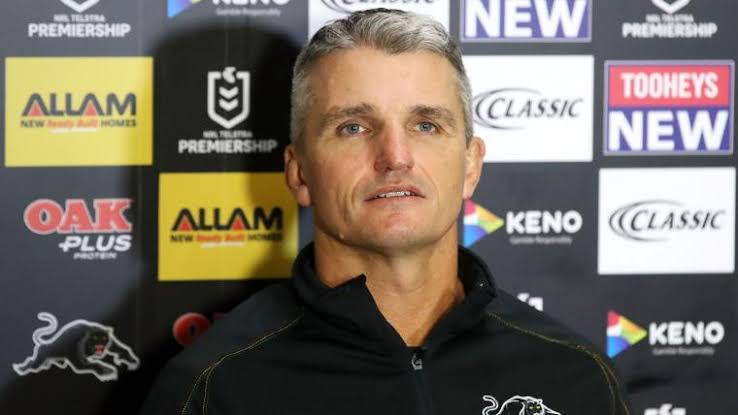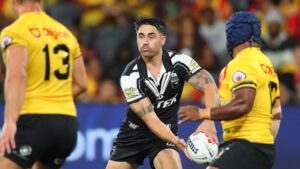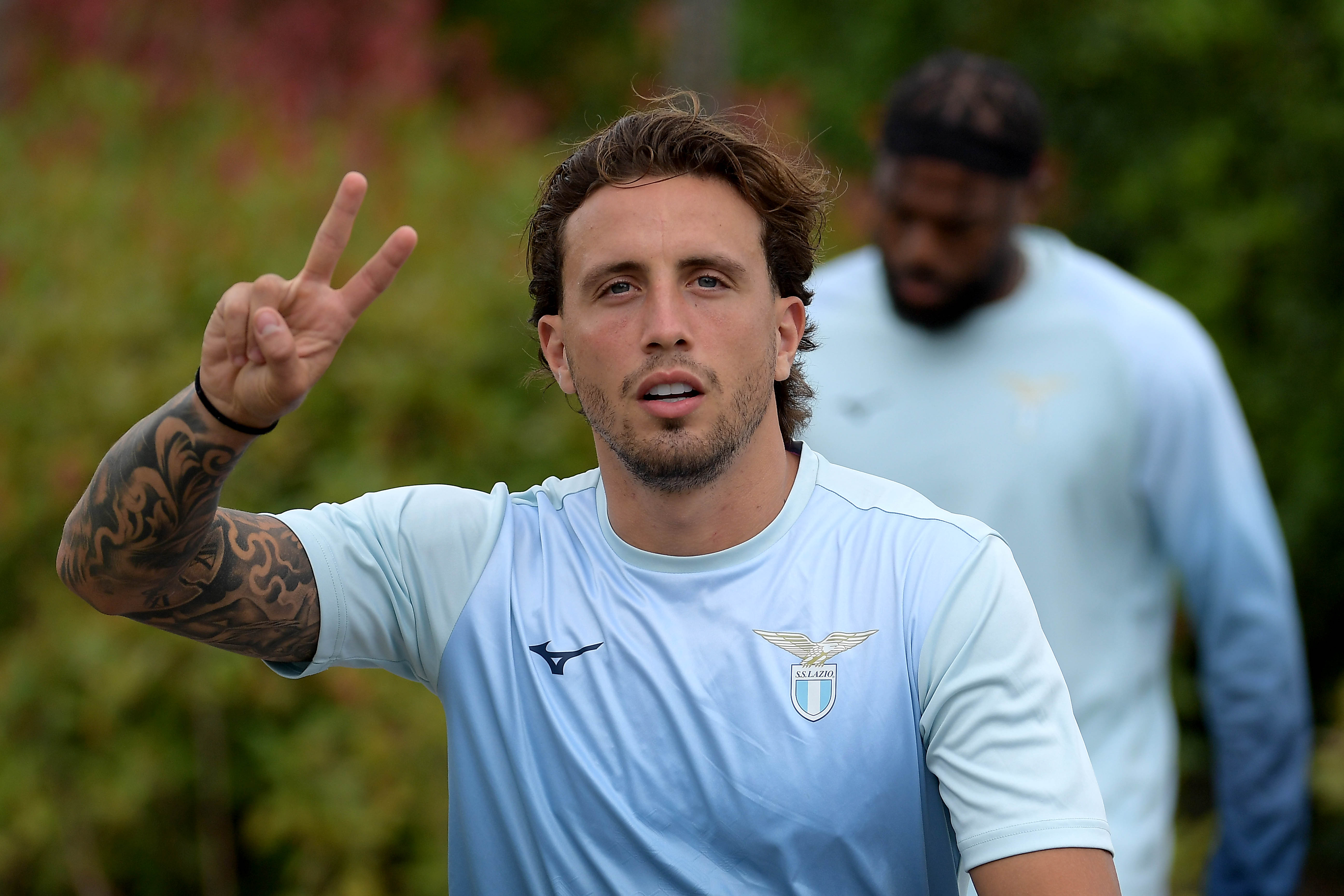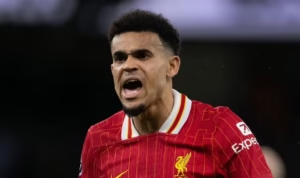
In a raw and revealing moment, Penrith Panthers coach Ivan Cleary has opened up about his mental health struggles, delivering a message that has shaken the rugby league world. Known for his calm, composed leadership and successful coaching record, Cleary’s candid admission highlights the intense pressure and mental toll that comes with guiding a top-tier NRL team to glory.

To the public, Cleary is a man of calm authority, a leader who has taken the Panthers to multiple Premiership victories, transforming the club into an NRL powerhouse. His game-day decisions and poised demeanor on the sidelines have been lauded, with many seeing him as the steady hand behind the team’s meteoric rise in recent years. However, Cleary’s latest revelation proves that even those who seem strongest can face immense internal battles.
In a recent interview, Cleary spoke candidly about his struggles, recounting moments of immense pressure and personal stress that began to affect his mental health. “It’s easy to say ‘man up’ and just push through,” Cleary shared, “but the reality is, there’s a breaking point for everyone. You feel like you have to keep it together for the team, the fans, the whole organization. But inside, sometimes you’re barely holding it together for yourself.”
Coaching a team like the Panthers, who have experienced both the highs of success and the relentless demands that come with maintaining it, takes a mental and emotional toll. While Cleary’s achievements have been monumental, including multiple Premierships and consistent top-four finishes, they have come with heightened expectations from fans, media, and the club itself. Every decision, every game plan, and every loss weighs heavily on the shoulders of the coach.

Cleary reflected on how the pressures of the job began to seep into his personal life, affecting his mood, energy levels, and overall well-being. When you’re winning, it’s great. But when things aren’t going your way, it’s hard to switch off. The losses stay with you. The sleepless nights, second-guessing your decisions, wondering if you’ve let your players or the fans down—it all adds up.
Cleary’s decision to speak openly about his mental health struggles is both brave and timely, especially in a sport like rugby league, where toughness and resilience are often celebrated at the expense of emotional vulnerability. By sharing his experience, Cleary has opened a crucial conversation about mental health, not just for players, but for coaches, staff, and everyone involved in the sport.
I want people to know that it’s okay to not always have it together. You don’t have to man up and pretend everything is fine. Asking for help is not a sign of weakness. In fact, it’s the hardest thing you can do.
His message has already resonated with the Panthers squad, as players have praised their coach for his openness. It’s inspiring to see a leader like Ivan talk about something so personal, said Nathan Cleary, Ivan’s son and Panthers’ star player. It shows us that it’s okay to be vulnerable, and that mental health is something we all need to take seriously.
Cleary’s public acknowledgment of his mental health challenges has also sparked discussions across the NRL about the importance of mental well-being in a sport that demands so much physically and emotionally from its participants. Rugby league has seen an increase in players speaking out about mental health, but rarely do coaches, who are under a unique set of pressures, step into the spotlight with such personal stories.
The NRL has already implemented programs aimed at supporting players’ mental health, but Cleary’s admission may pave the way for more comprehensive support systems for coaches and staff, who often bear the weight of entire organizations on their shoulders.
Cleary’s emotional revelation has not only made him a stronger leader in the eyes of his players and fans, but it has also brought the mental health conversation to the forefront of rugby league. As the Panthers prepare for the upcoming season, Cleary is determined to balance his personal well-being with his professional responsibilities.
I love this game, and I love this team, Cleary said. But I’ve learned that taking care of myself is just as important as taking care of the players. You can’t pour from an empty cup.

In a sport that values grit, determination, and toughness, Cleary’s message serves as a reminder that true strength lies in acknowledging when you need help. By speaking out, he’s not only set an example for his players but also for the entire rugby league community, proving that mental health is a battle that can—and should—be fought out in the open.






